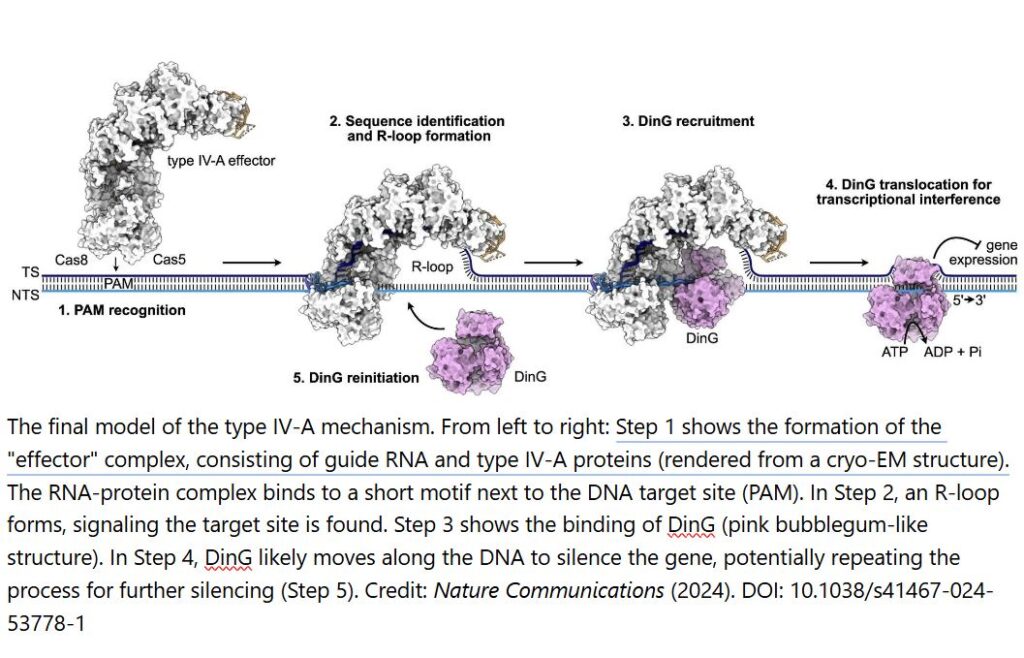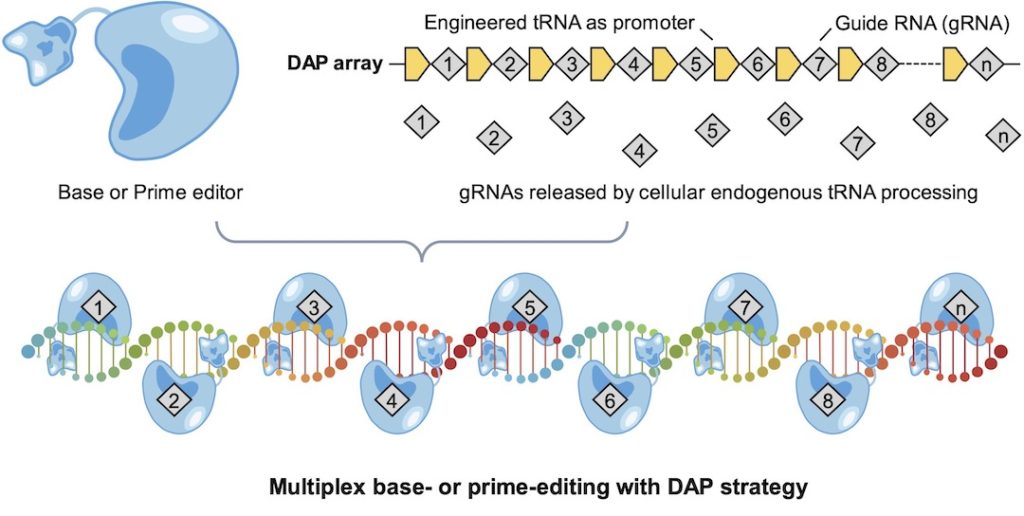
Scientists from Vilnius University’s (VU) Life Sciences Center (LSC) have discovered a unique way for cells to silence specific genes without cutting DNA. This research, led by Prof. Patrick Pausch and published in the journal Nature Communications, reveals a new way to silence genes that is akin to pressing a “pause” button on certain genetic instructions within cells.
The research team, including doctoral student Rimvydė Čepaitė, Dr. Aistė Skorupskaitė, undergraduate Gintarė Žvejyte and Prof. Pausch at Vilnius University, working alongside an international team, uncovered how cells use a specific system to locate and silence unwanted DNA. This system, which could eventually enable safer gene modifications, shows promise for repairing faulty genes that cause diseases.
“U...
Read More








Recent Comments